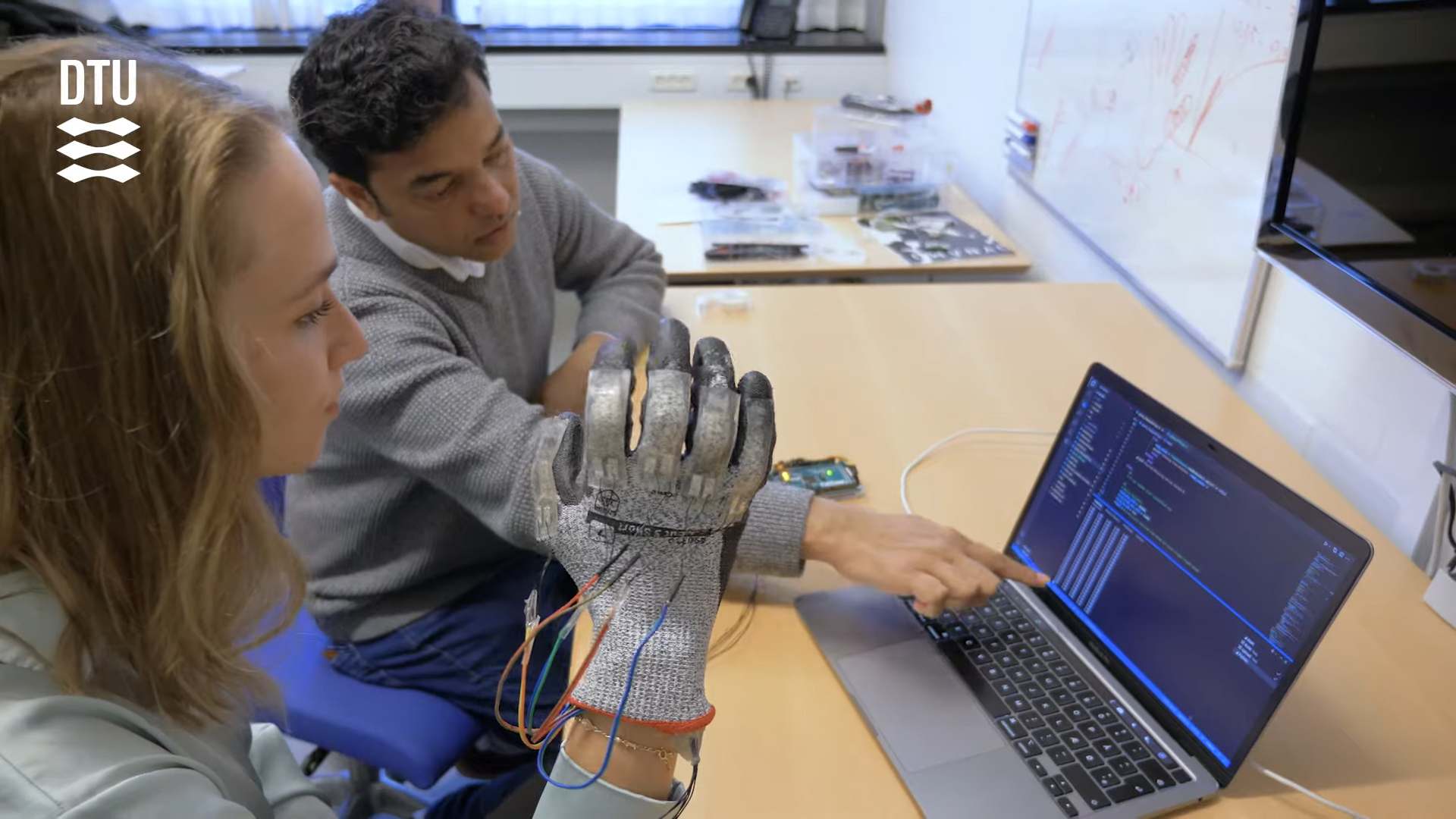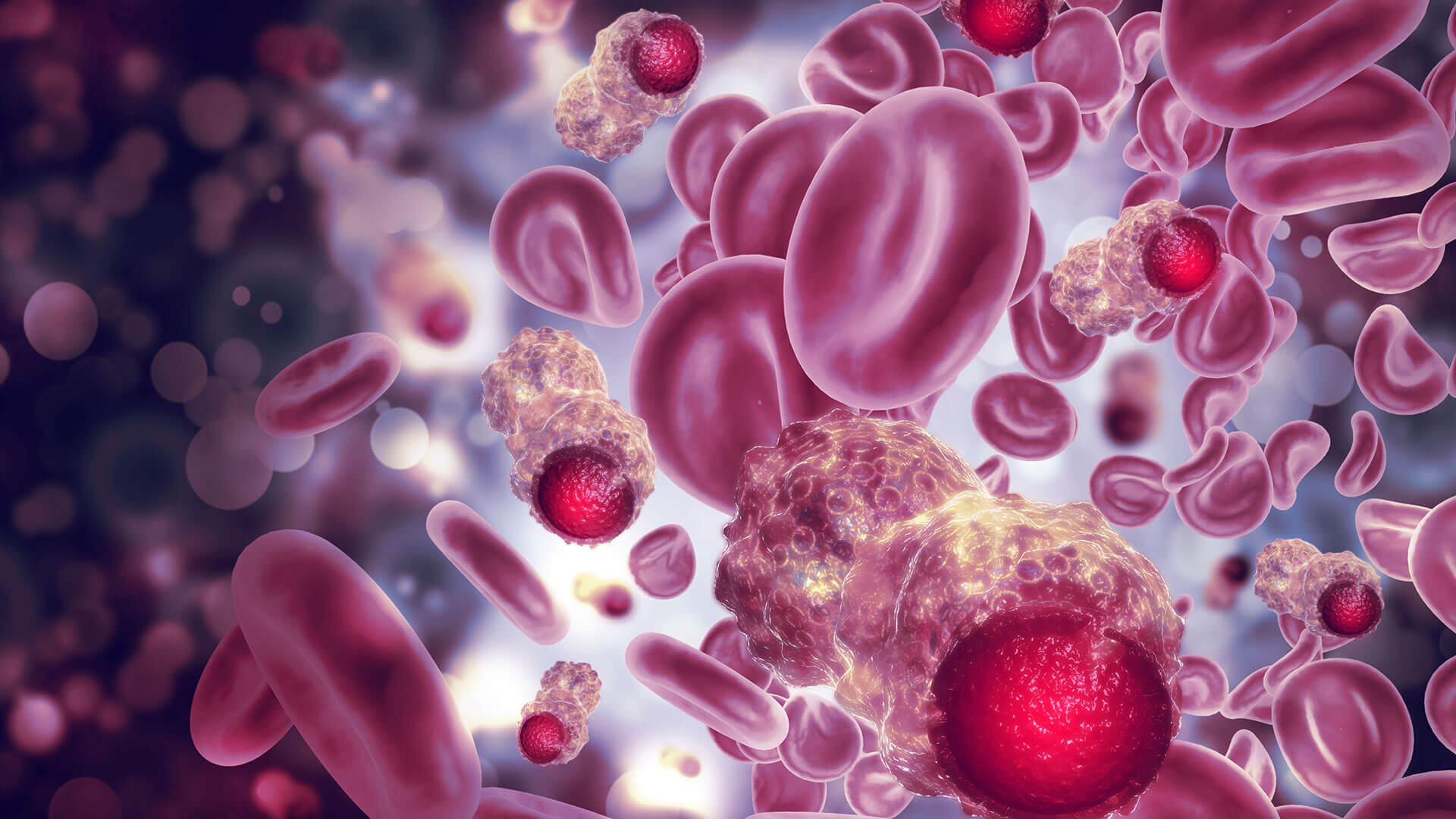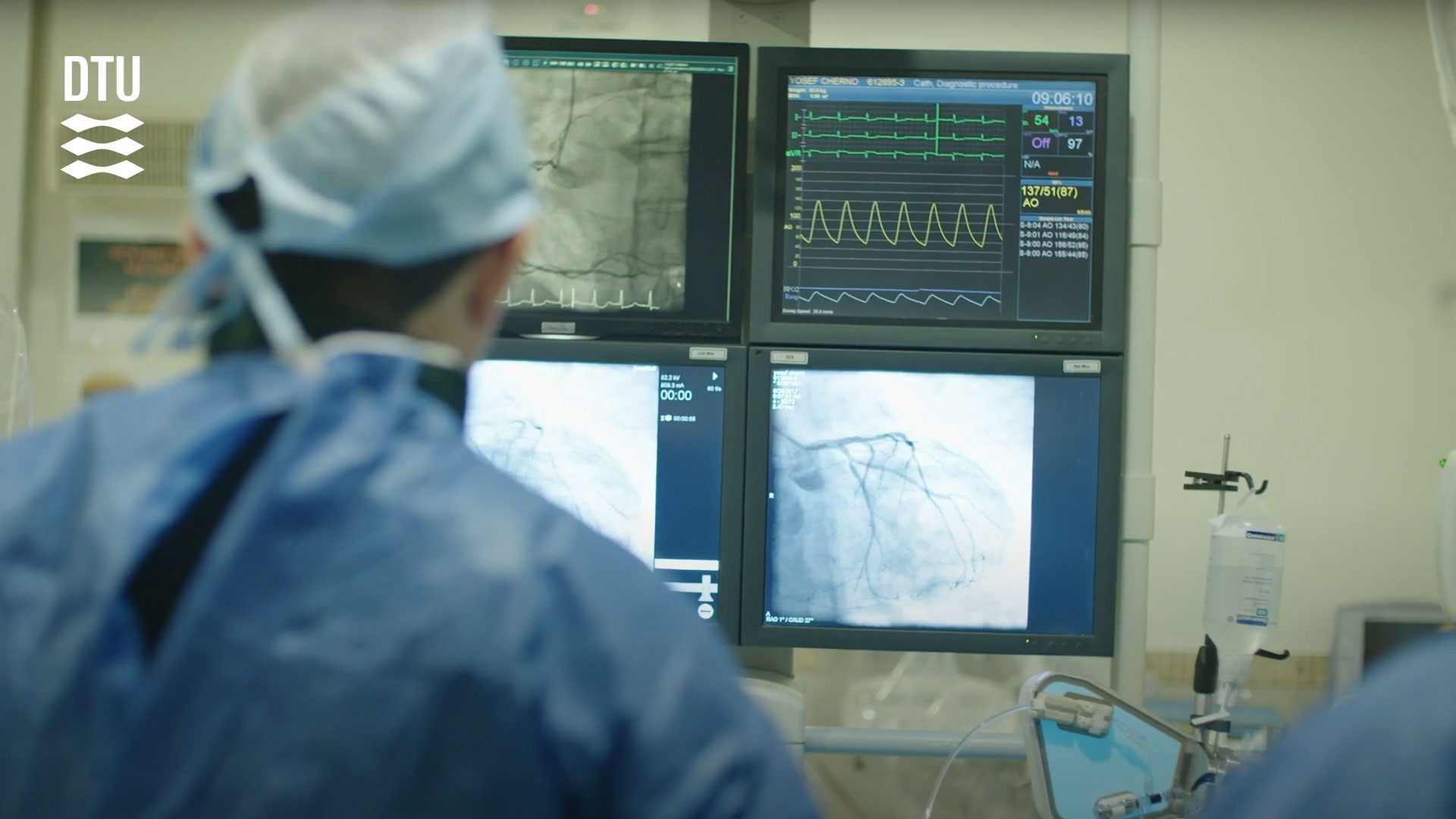Theme
Health technology developed with companies and hospitals

Technology is an increasingly important part of healthcare. Scanners for diagnosing and treatment, devices for monitoring patients and equipment for advanced operations elevate quality, increase healing and enable the introduction of new and more specialized treatments.
Since 2010, the number of engineers in the health care system has increased by 22 percent. To strengthen research and innovation in collaborations between hospitals, companies and engineers, DTU has taken several initiatives.
In 2019, the Department of Health Technology was established. The department is part of DTU's strategic development of life science, which today accounts for a third of DTU's scientific publications.
Since 2004, DTU has collaborated with the University of Copenhagen on the program Medicine and Technology, which has strengthened the conversation between engineers and doctors in the clinical environments at the hospitals.
Finally, DTU, in collaboration with the Capital Region of Denmark and Region Zealand, has created sharing positions that provide the opportunity for technical-scientific professionals from a hospital to be employed at DTU, or for associate professors and professors from DTU to have their daily routine at a hospital. It is DTU's ambition to increase this type of collaboration significantly in order to accelerate the development of new health technology.

Health technology improves quality and treatment
Innovation and collaboration
DTU's research in health technology involves a wide range of disciplines at DTU and collaboration with doctors and industry. Every year, new startup companies are based on projects and research at DTU, while others arise in collaboration with regions and universities.
Sensors and portable equipment
Measuring equipment built into hearing aids, dose control of insulin, self-regulating pacemakers and much other monitoring equipment are gaining ground in healthcare, where the technologies support doctors and give patients greater freedom to take measurements at home and save transport or unnecessary hospitalizations.
Medical imaging technology
Imaging technology such as MRI scanners, ultrasound and contrast fluids in the form of radioactive isotopes have enhanced quality and opened up for faster diagnosis and treatment. Several imaging technologies today are combined with artificial intelligence and algorithms that can find patterns in images and provide quick answers in diagnostics.

VIDEO: Artificial intelligence in the healthcare sector
At DTU, researchers are in the process of developing and utilizing artificial intelligence - at the same time as the focus is on the ethical and security issues.




















